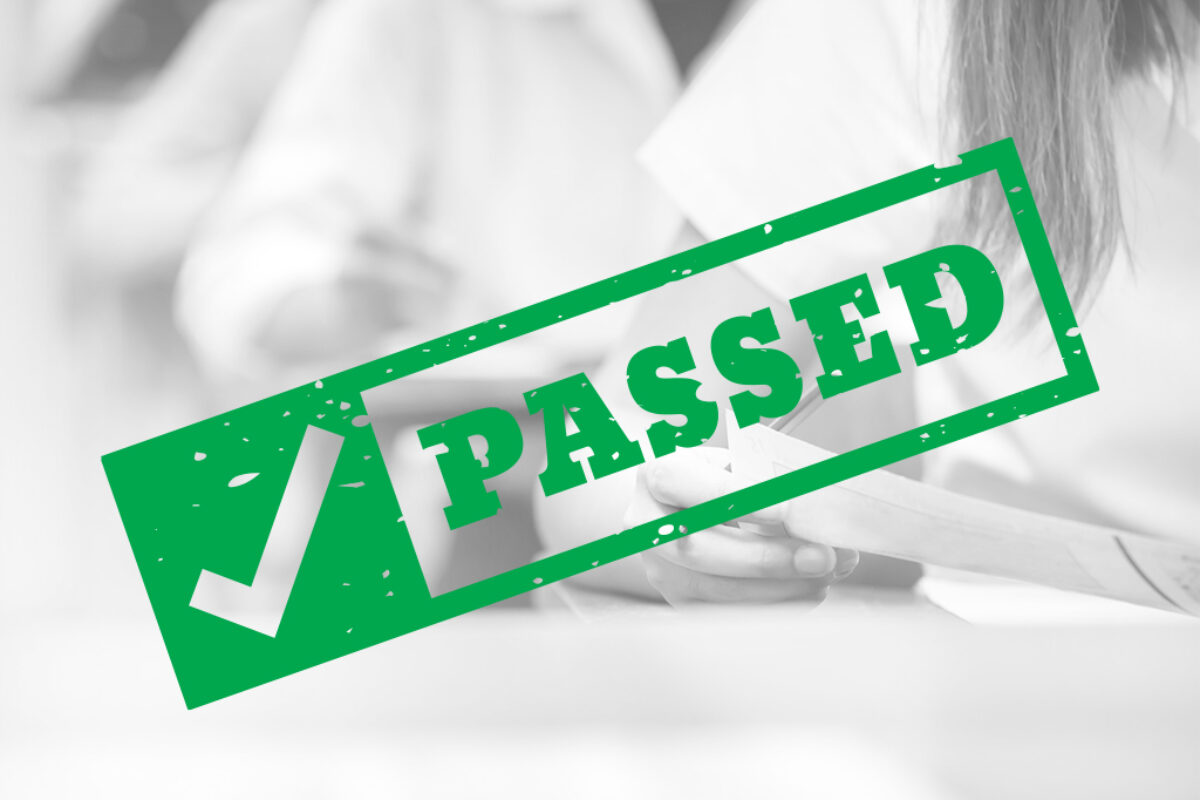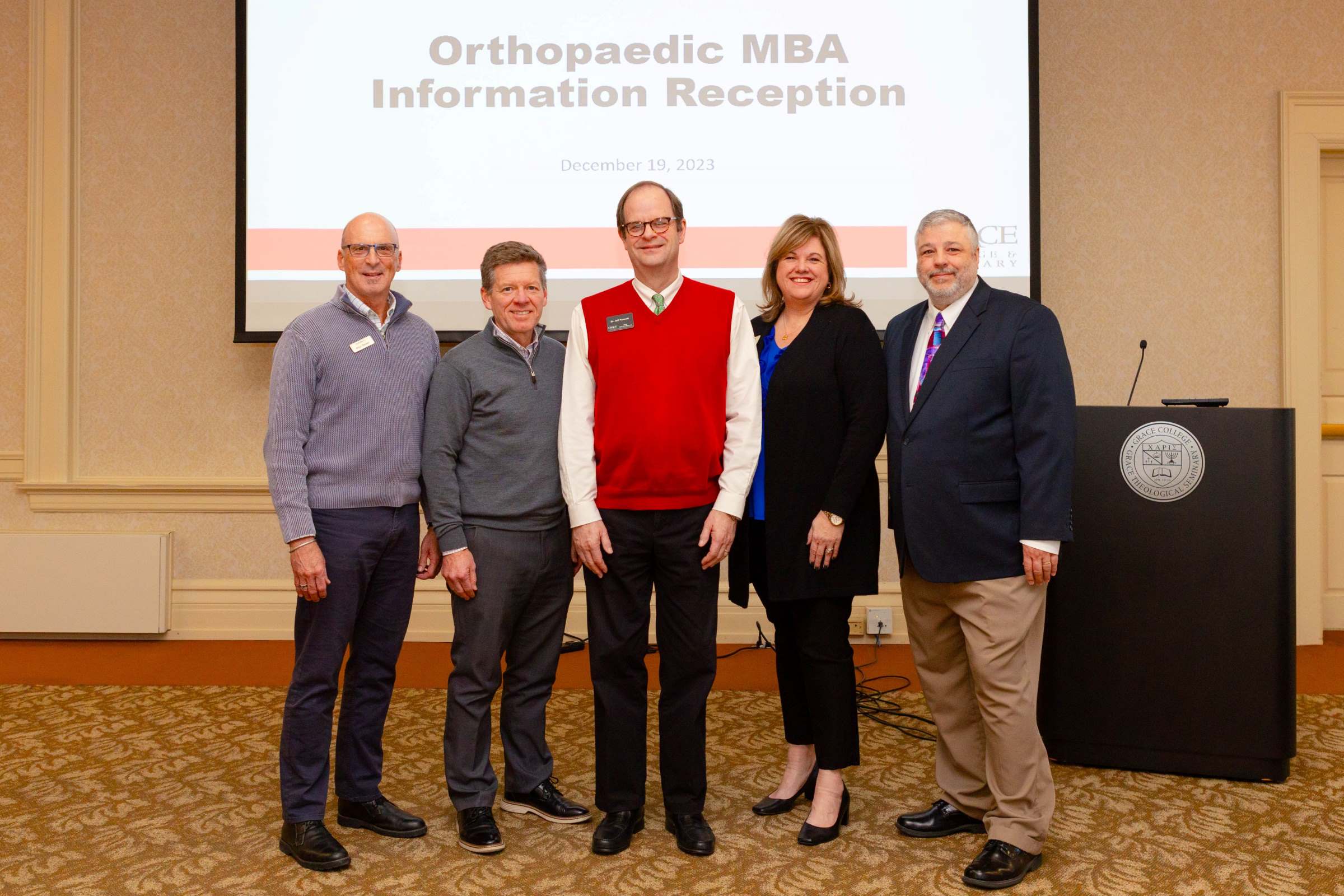October 22, 2020
A Guide to the NCMHCE from Grace’s Master’s Degree in Counseling Online
Tagged With Counseling Masters Programs

If you’re interested in the field of counseling or you’re considering a master’s degree in counseling online, you will need to be prepared for the National Clinical Mental Health Counseling Examination (NCMHCE). Going to a school like Grace College for an online master’s degree is an efficient, timely way to gain your license and step into your career.
One of the final steps to becoming a licensed mental health counselor is the final examination. Although this hurdle may seem daunting, the proper studying and training can ensure success. This exam will test your knowledge from your education and hands-on experience. Those who pass the test are able to offer professional services to those in need. This guide will share how the test works, give you an overview of the content, and provide helpful tips for success.
How the Test Works
The NCMHCE focuses on a series of simulations that are meant to replicate what seeing a client would be like in practice. This exam measures problem-solving abilities including identifying, analyzing, diagnosing and treating clinical mental health problems.
The exam consists of 10 clinical mental health counseling cases. Each case is divided into five to eight sections that are classified as either information gathering or decision making. During the exam, students are provided with the scenario, including the setting, client information and the problem they present. The student must attempt to identify solutions.
Each problem has a given parameter for what is right or wrong, and those point totals are tallied. Each section has a minimum pass level of points, and all of those totals are then tallied. The total raw score on the entire examination then determines whether a student passes or fails.
Content of the Exam
Each of the 10 simulations has between five and eight sections that test information-gathering or decision-making skills. Information gathering measures the ability to gather clinical data needed to evaluate a situation. Decision-making sections assess the test taker’s ability to solve clinical problems by using data to make judgements and decisions.
Assessment and Diagnosis
This content area measures how well the candidate understands what a client is feeling and is able to identify the cause and effects of those feelings. Test takers must be able to integrate their observations of the client from a scenario with the client’s own assessment of their condition. Symptoms will be given and precipitating problems will be involved.
Counseling and Psychotherapy
After diagnosing the issue, test takers are presented with a simulation that involves counseling and offering potential psychotherapy. The test will measure how candidates inform the client about ethical standards and practice. It will also test the ability to clarify the counselor’s role in the creation and relation of a treatment plan.
Administration, Consultation and Supervision
Test takers will have to identify how they intend to follow through with treatment plans. This includes the maintenance of case notes, records and files. The test will also cover how to measure the effects of the services on a client’s needs, including how to maintain professional communications with clients and how to assist them with alternative services.
Because the NCMHCE is so unique, it is helpful to understand what a typical question looks like. The National Board of Certified Counselors offers NCMHCE resources for students looking to better understand what an exam is like.
Tips for Succeeding at the NCMHCE
Because the NCMHCE is a complicated exam with large and complex questions, passing it calls for an intensive approach to preparing for it. This exam requires far more application than fact recall and thus will demand a deeper understanding of the content. Here are a few tips to help study for and take the exam.
Think Like a Counselor
The simulation style format of the NCMHCE is designed to make test takers think like a mental health counselor, so it’s important to recall the experience of actually working with clients. Keep in mind that the test is measuring for ideal questions and treatments, even if those might not be appropriate or applicable in some real-world situations.
Take Only the Information Needed
In a real practice situation, a counselor may ask clients far more than the test suggests, but that is not necessary during the exam. Consider whether the information that is being requested is actually beneficial and whether it will narrow down the diagnosis.
Guessing Wrong Has Consequences
Choosing an answer, even when not confident it is correct, can be detrimental on the NCMHCE. Incorrect selections can cost up to three points. However, this does not apply to the diagnosis questions, and candidates are encouraged to ask as many questions as needed to get the best diagnoses before proceeding to the treatment questions.
Keep Good Study Habits
Although the test is unusually formatted and extremely rigorous, many typical good study habits still apply. Taking practice tests and joining study groups can be helpful to prepare, and taking plenty of time during the test is critical. Finally, understand that failure is not the end; many people have to take the test two or three times before succeeding.
Get a Master’s Degree in Counseling Online
Although the NCMHCE is a difficult exam, taking a master’s degree in counseling online that is geared toward passing the test can help. At Grace College Online, our Master of Arts in Clinical Mental Health Counseling is designed to help students learn the skills needed to become an exceptional mental health counselor and to pass the NCMHCE.
A master’s degree in counseling online at Grace College will explore psychology and the social sciences. As you consider an array of online colleges for Clinical Mental Health Counseling near you in the midwest, be assured that when you find your way to Grace, you will discover an accredited online college for your Christian counseling degree, taught with a biblical worldview. A Grace master’s degree in counseling online will help you make workable connections between behavior and relationship, preparing you to weigh questions and create conversation in a Christian college online context.


